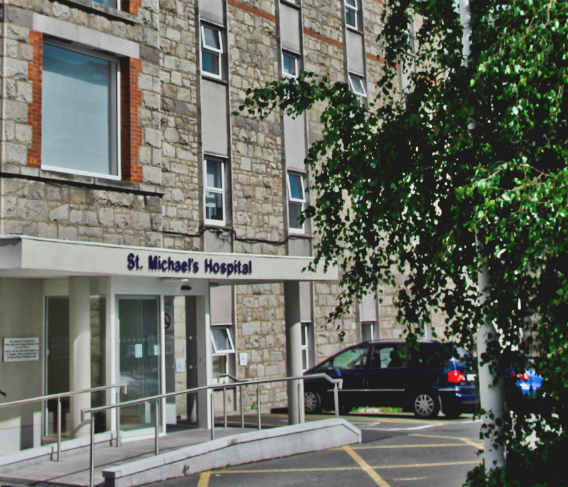What is STOPHF?
The STOP-HF Screening Programme was started in 2004 as a research study. The main aim was to see if people with risk factors for heart failure could have their risk defined by the use of a blood test known as B-Type Natriuretic Peptide (BNP). BNP is a protein that is released from the heart when it is under stress or strain.
People over the age of 40 with risk factors for developing heart failure were invited to partake in the study. Risk factors such as;
- Known high blood pressure
- Known high cholesterol
- Known diabetes
- Known coronary artery disease
- Known arrhythmia
- Known heart valve disorders
- Known peripheral vascular disease
- Known angina
- Known left ventricular hypertrophy
- History of myocardial infarction
Participants consented to take part. All participants remained under the care of their GP and any other doctors’ they were seeing. Those whose BNP result was greater than 50pg/ml were reviewed by a consultant cardiologist and the principle investigator. All participants received lifestyle coaching from a STOPHF nurse.
In 2012, data from the study was analysed. The study was shown to reduce not just heart failure but all cardiovascular events by 40%. Results were also shown to be cost effective. The study was published in the high profile medical journal JAMA (the most widely circulated medical journal int he world) and was awarded research paper of the year bu the Royal College of General Practitioners. Recently STOPHF has been adopted into international guidelines and is impacting the way care is delivered globally.
As a result of the positive findings of the research study, STOP-HF now continues as a clinical screening service supported by HeartBeat Trust.
Important ongoing research questions are being addressed which explains why participants are still requested to sign a consent form.
Now as a clinical screening service the risk status and frequency of visits is based on the Natriuretic Peptide blood test result, either the BNP or NTproBNP.
Natriuretic Peptide levels are classed as;
Satisfactory: 3 yearly review
Medium: 2 yearly review
High: 1 yearly review
The study was completed in 2012.
The data showed us that BNP did identify people at risk.
Those at high risk showed a reduction in new onset heart failure and other heart related events when early intervention happens.
All participants continue to be educated in how best to manage their risk factors for heart failure including diet and lifestyle.








